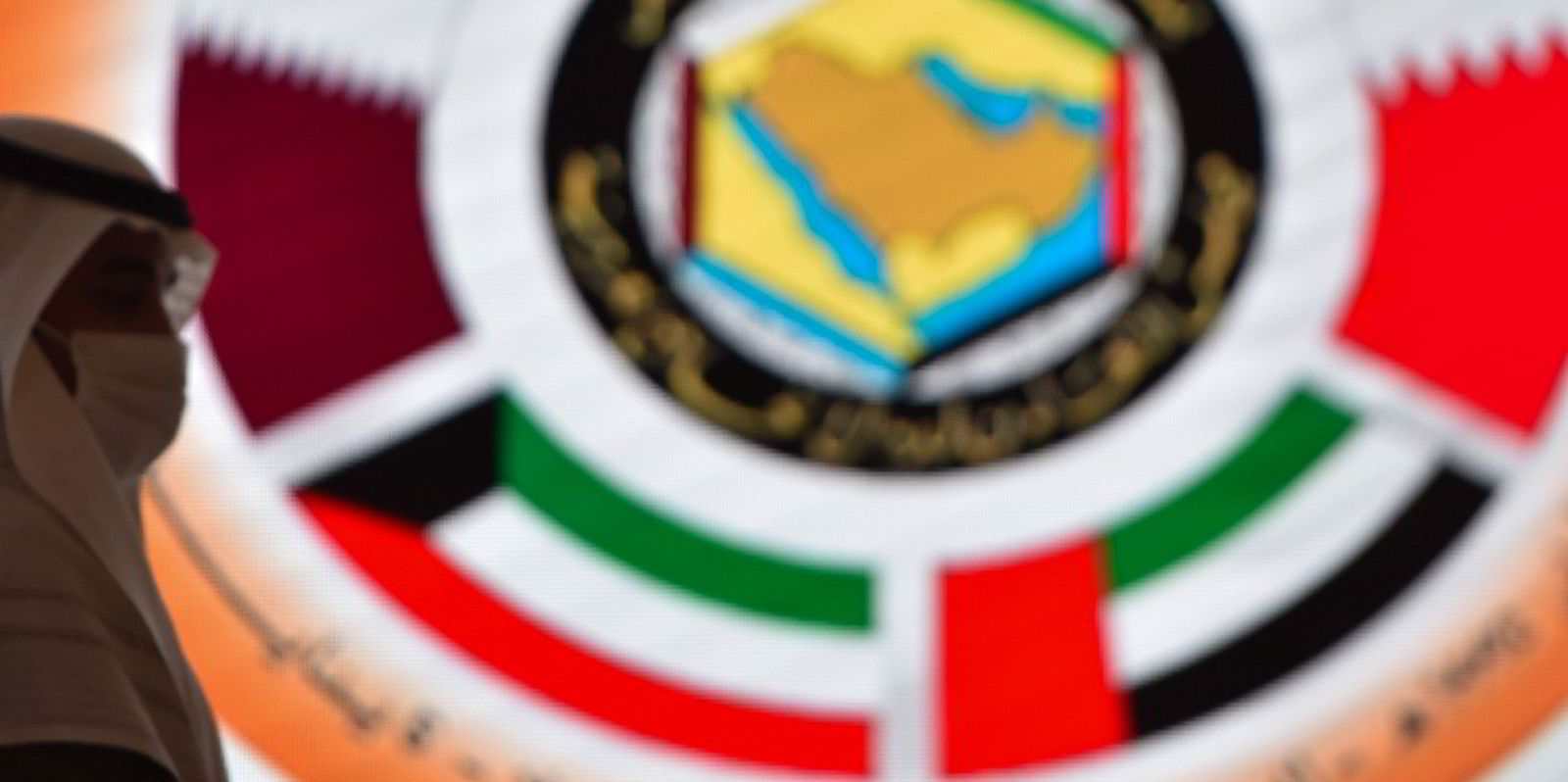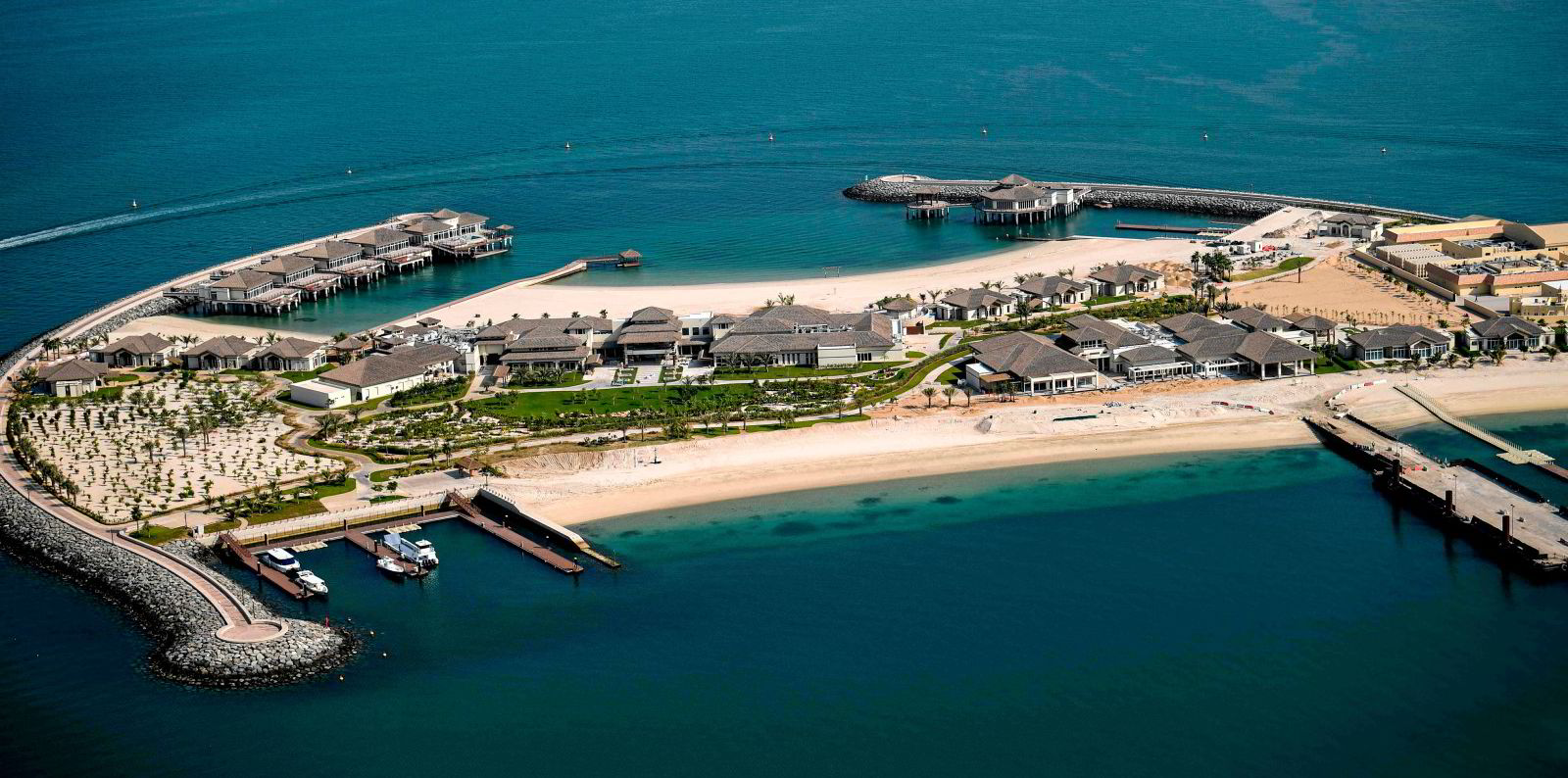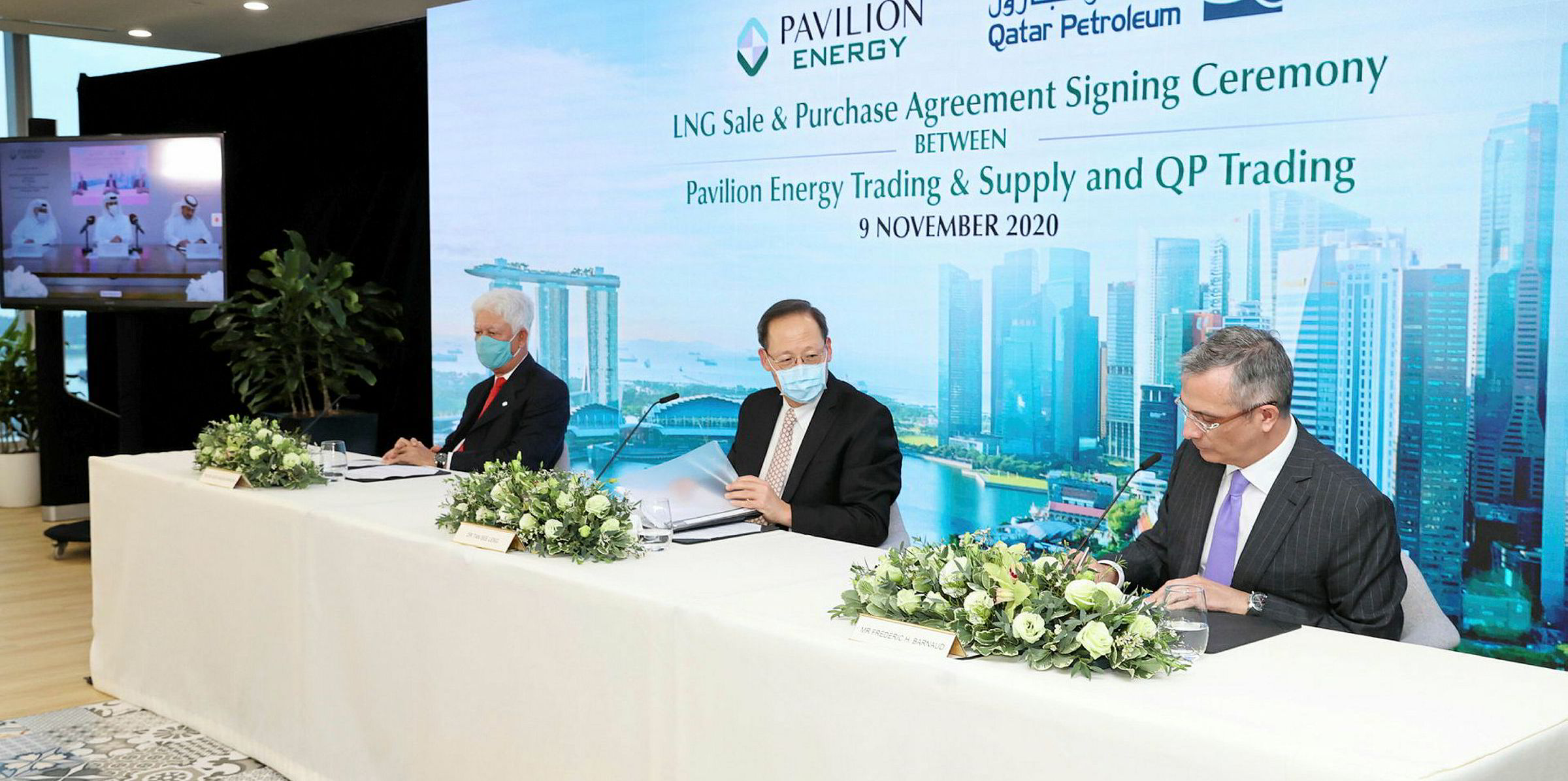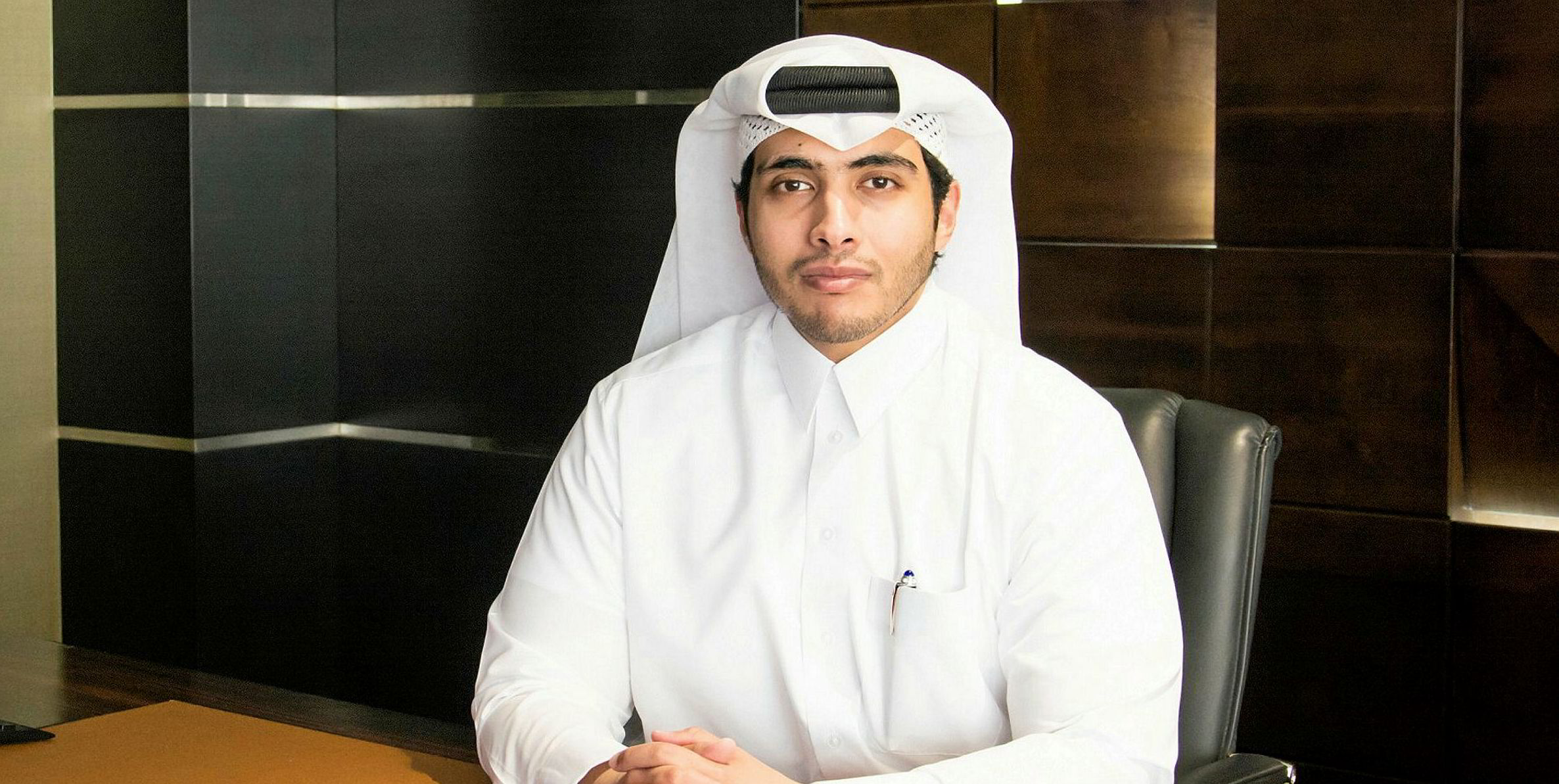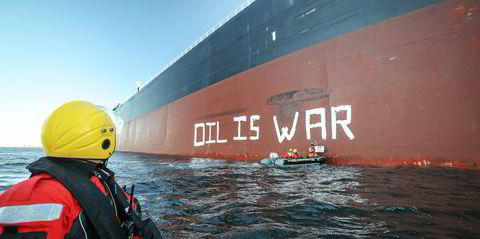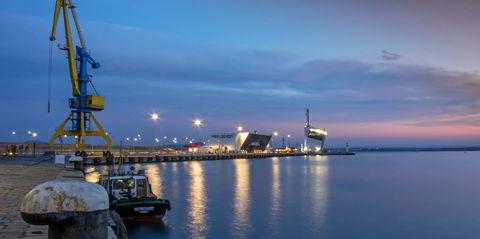Qatar could be welcomed back in from the cold at a Gulf Cooperation Council (GCC) meeting scheduled to take place on Tuesday afternoon.
The move to end three years of regional isolation for the tiny Middle East Gulf nation would have a significant impact on the regional offshore and shipping sectors.
Kuwait’s foreign ministry revealed on Monday night that Saudi Arabia will reopen its land and sea borders with Qatar in the first steps towards resolving a political dispute that led Riyadh and its allies imposing a total boycott on Qatar.
Those allies, Egypt, the United Arab Emirates and Bahrain, are expected to follow Saudi Arabia’s lead.
In return, Qatar will drop its lawsuits against the four Arab states as part of a broader agreement to defuse regional tensions.
The agreement is expected to be signed at a GCC summit, which is being held in the Saudi Arabian city of Al-Ula and is chaired by the Saudi King Salman.
Qatar has been isolated since mid-2017, when the four states launched a blockade, accusing it of supporting radical Islamist groups in the region and of having close ties with Iran.
Land, sea and air links were immediately cut. Business links were also curtailed.
The biggest impact was felt in the offshore sector. Qatar is one of the region’s largest offshore oil and gas markets, a lucrative and important one that offshore players based in the UAE immediately shut out of.
One senior executive at a large Dubai-based offshore vessel company told TradeWinds on Tuesday morning that his company looked forward to returning to Qatar, but expressed concern that an immediate return may not be possible.
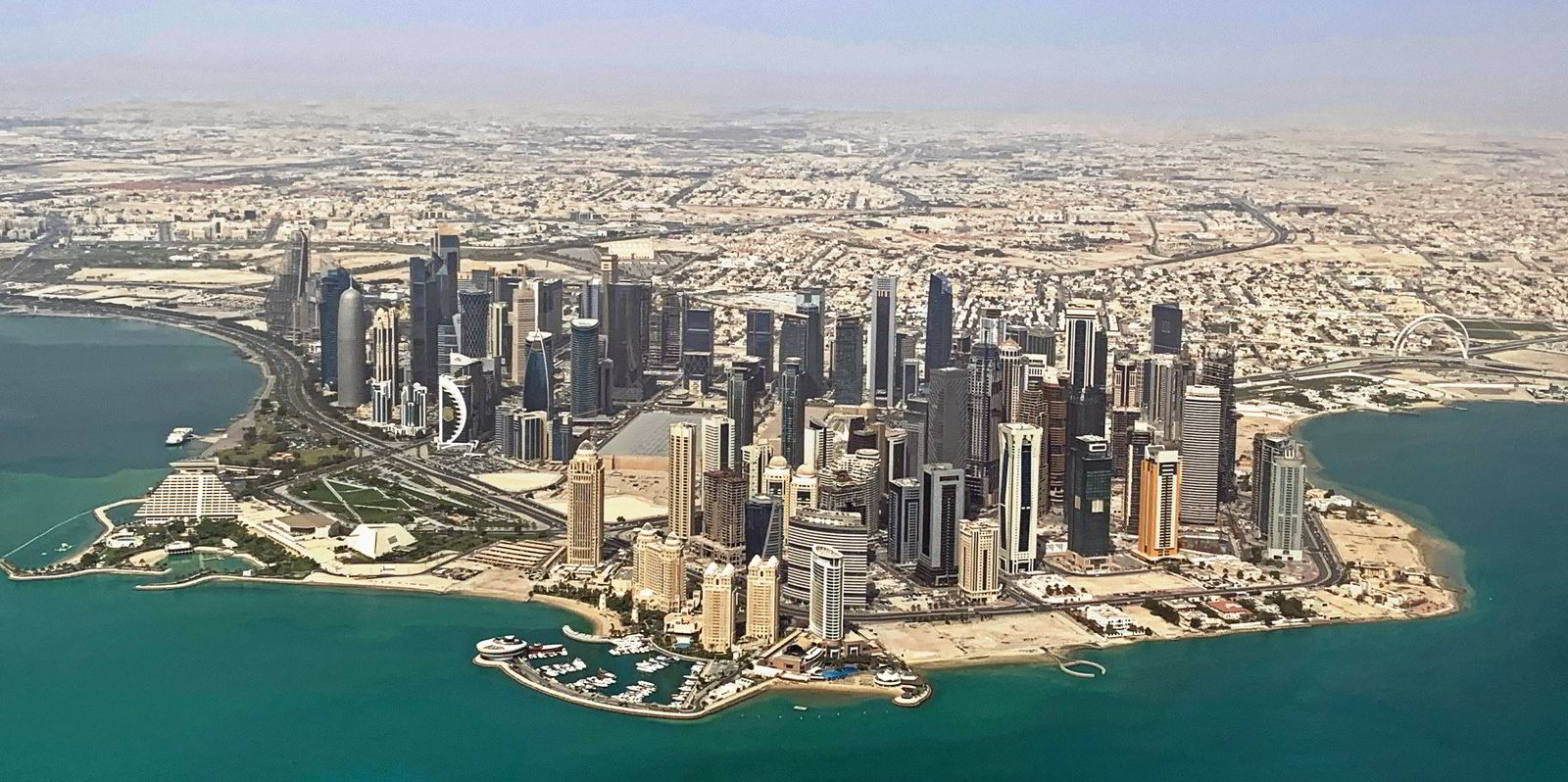
“The boycott cut us out of Qatar, but gave operators from Europe, Asia and elsewhere the opportunity to get in. It is going to take time for their contracts to run their course, and they are not going to give up their market share without a fight,” said the executive.
Qatar is undertaking a $50bn mega-expansion project of its North Field, the world’s biggest single non-associated natural gas field.
The first stage of the project, with an estimated price tag of around $35bn, has kicked off with many of the tenders already awarded.
“I think we missed out on that windfall,” said the Dubai executive, who expects that regional offshore players would have to wait until the next phase of the project begins in 2023.
The blockade also had a serious impact on regional shipping services as vessels that had called at Qatar were banned from calling at ports in the other four states during the same voyage.
Ships could not even bunker in the UAE before or after calling at Qatar.
This hit the liner sector hard as both mainline and inter-gulf feeder operators were forced to cut calls at Qatar out of their regional loops. Qatar-bound cargoes had to instead be feedered thorough Sohar in Oman, and Colombo in Sri Lanka.
